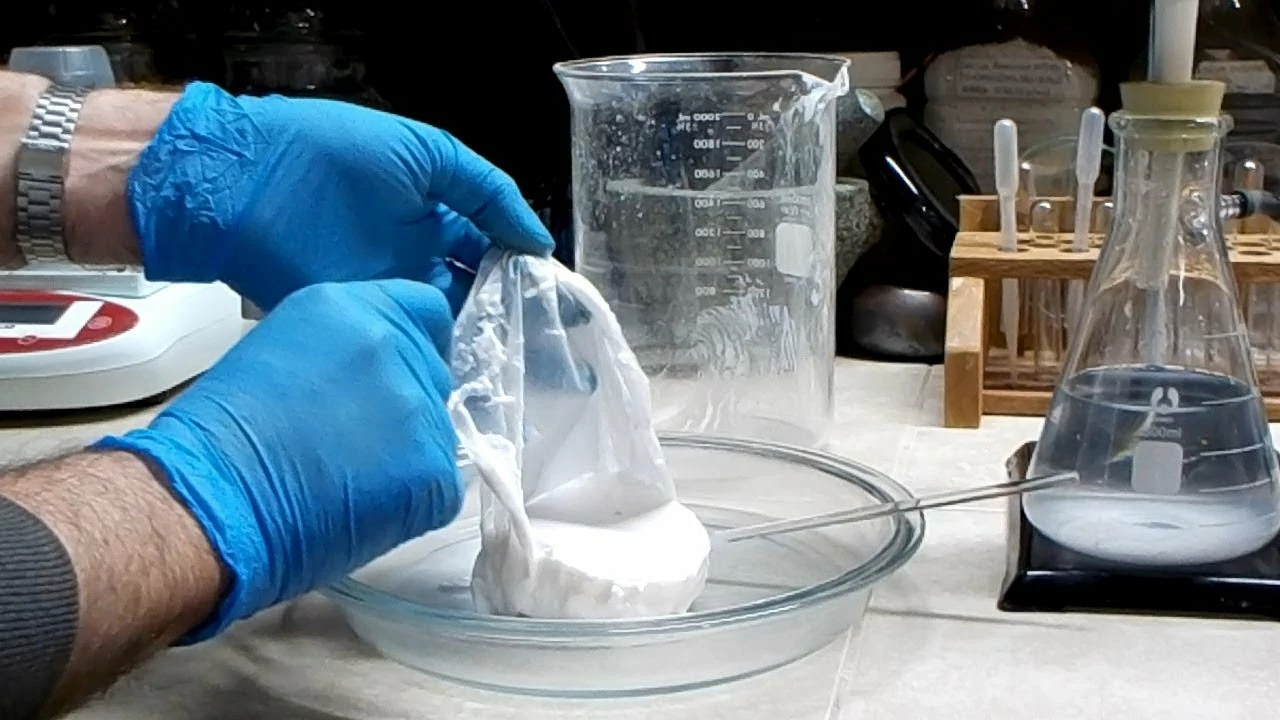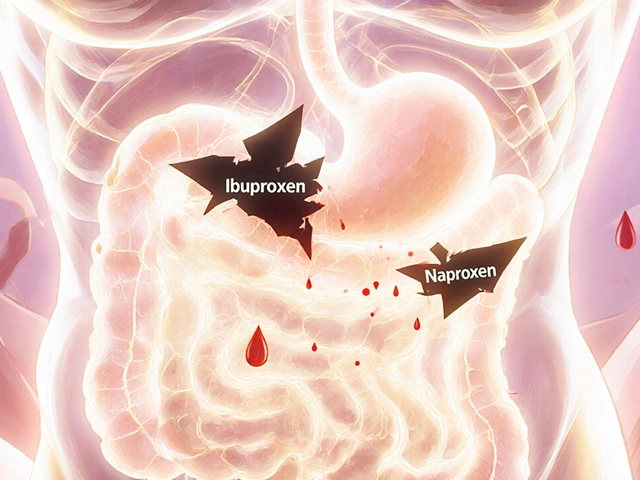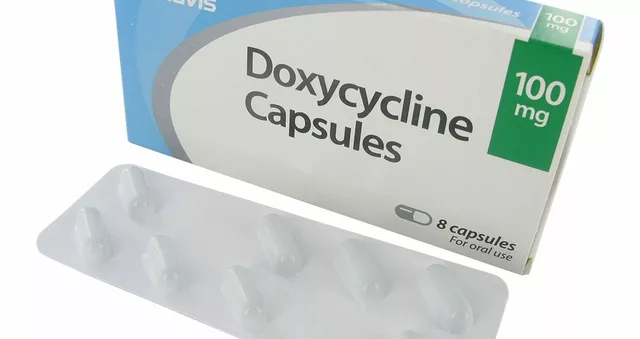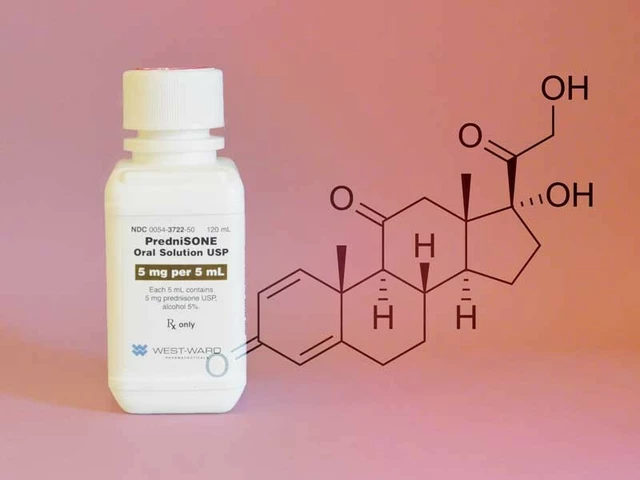Understanding Aluminium Hydroxide and Its Uses
Before diving into the safety aspects of aluminium hydroxide in food, it's important to understand what it is and how it's used. Aluminium hydroxide is a white, odorless, and tasteless compound that is commonly found in nature as the mineral gibbsite. It is often used as an antacid to relieve heartburn, sour stomach, or acid indigestion. In addition to this, aluminium hydroxide is also used as a food additive, specifically as a stabilizer, thickener, and emulsifier. It helps to prevent the separation of ingredients in food products and maintain the desired texture and consistency. Now that we have a basic understanding of aluminium hydroxide, let's explore its safety in food applications.
Aluminium Hydroxide in Food: Regulatory Approvals
When it comes to food additives, regulatory agencies around the world have established guidelines and standards to ensure their safety. The United States Food and Drug Administration (FDA) has classified aluminium hydroxide as "Generally Recognized as Safe" (GRAS) for use in food. This means that, based on the available scientific evidence, the FDA considers aluminium hydroxide to be safe for consumption in the amounts typically found in food products.
Furthermore, the European Food Safety Authority (EFSA) and the World Health Organization (WHO) have also deemed aluminium hydroxide safe for use in food. These approvals by various regulatory bodies indicate that aluminium hydroxide, when used within the prescribed limits, is considered safe for consumption.
Aluminium Exposure and Health Concerns
While aluminium hydroxide is considered safe for use in food, it's important to discuss the potential health concerns related to aluminium exposure. Aluminium is the third most abundant element in the Earth's crust, and we are exposed to it daily through sources such as air, water, and food. However, excessive exposure to aluminium has been linked to certain health issues, including neurological disorders like Alzheimer's disease. Some studies have also suggested a possible connection between aluminium exposure and bone diseases, anemia, and kidney problems.
It's important to note that these health concerns are associated with excessive exposure to aluminium, not specifically aluminium hydroxide. The levels of aluminium present in food products containing aluminium hydroxide are generally considered safe and well below the established safe limits. Nonetheless, it's essential to be aware of these potential health concerns and monitor your overall aluminium exposure.
Ways to Limit Aluminium Exposure from Food
While aluminium hydroxide in food is considered safe, some people may still prefer to limit their aluminium exposure from food sources. Here are some tips to help you reduce your aluminium intake:
1. Opt for fresh, unprocessed foods whenever possible, as processed foods are more likely to contain aluminium-based additives.
2. Be cautious when using aluminium cookware, as acidic or alkaline foods can cause aluminium to leach into your food. Consider using stainless steel or glass cookware instead.
3. Read food labels carefully and avoid products with aluminium-containing additives if you're concerned about your aluminium intake.
4. Limit your consumption of foods and beverages packaged in aluminium cans, as small amounts of aluminium may leach into the contents.
Remember, moderation is key, and it's not necessary to eliminate all sources of aluminium from your diet. Rather, focus on making informed choices and maintaining a balanced diet.
Conclusion: Is Aluminium Hydroxide in Food Safe?
In conclusion, aluminium hydroxide in food is considered safe by leading regulatory agencies, including the FDA, EFSA, and WHO. The compound is widely used as a food additive for its stabilizing, thickening, and emulsifying properties, and the levels of aluminium present in such food products are generally below the established safe limits.
While excessive exposure to aluminium has been linked to certain health concerns, it is important to remember that these concerns are not specific to aluminium hydroxide in food. By being aware of your overall aluminium exposure and making informed choices about the food you consume, you can enjoy a balanced diet without undue concern about aluminium hydroxide's safety in food products.






amanda luize
June 18, 2023 at 20:36
Honestly, the article’s prose is riddled with careless slips – “established safe limits” should be “established safety limits,” and there’s a baffling misuse of “generally” when you could simply say “typically.” Moreover, the dismissal of aluminium’s neurotoxic rumors feels like a deliberate blind‑spot, especially when you consider the shadowy lobbyists who quietly shepherd GRAS approvals. Did the writer even fact‑check the claim that aluminium hydroxide is “odorless and tasteless,” when industrial-grade samples can leave a lingering metallic tang? All this makes me wonder if the piece is a covert PR spin rather than a neutral overview. Stay vigilant, folks.